China, Vietnam capable of managing differences
Updated: 2014-12-26 09:55
(Xinhua)
|
||||||||
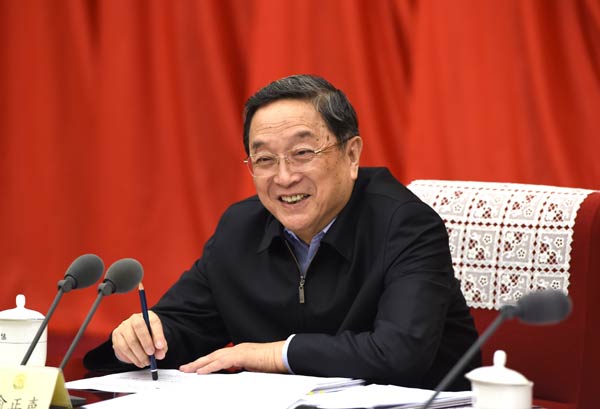 |
|
Yu Zhengsheng, chairman of the National Committee of the Chinese People's Political Consultative Conference. [Photo/Xinhua] |
BEIJING -- After twists and turns, China-Vietnam ties will witness signs of improvement at the end of the year as China's top political advisor Yu Zhengsheng starts an official visit to the Southeast Asian country on Thursday.
Yu, chairman of the National Committee of the Chinese People's Political Consultative Conference, makes the visit, the first by a Chinese top official this year, at the invitation of the Communist Party of Vietnam Central Committee and the Fatherland Front of Vietnam.
Following contacts between officials of the two countries, Yu's visit is expected to further mend bilateral ties after recent tensions. It also demonstrates common aspirations of the two sides to put their ties back on track at an early date.
In mid-May, a series of riots targeted foreign companies in southern and central Vietnam, leaving five Chinese nationals dead, around 20 foreign factories burned down, and some 1,100 foreign companies affected.
The violence came amid tension between China and Vietnam over territorial disputes in the South China Sea.
Despite the cacophony, Beijing has insisted on further improving bilateral relations with Hanoi, managing differences in a constructive way, and resolving disputes through friendly negotiations.
As Chinese President Xi Jinping said when meeting with special Vietnamese envoy Le Hong Anh in August, "a neighbor cannot be moved away and it is in the common interests of both sides to be friendly to each other."
With a common border, similar culture and high economic complementarity, China and Vietnam have conducted mutually beneficial cooperation, which produced fruitful results and brought tangible benefits to both peoples.
According to statistics, China has been Vietnam's largest trade partner for nine years in a row, while Vietnam has become China's second largest trade partner in the Association of Southeast Asian Nations.
In this context, both sides should adhere to the right direction in handling their relationship, stick to good-neighborliness and friendship from a long-term and strategic perspective.
History is a mirror. China and Vietnam have successfully put the border clashes behind them and joined hands to embrace development opportunities and face common challenges in the past decades.
Thus, there is reason to believe that if the two nations, especially Vietnam, cast their eyes on improvement and development of relations instead of aggravating differences, benefits will not only be brought about to themselves but also to the whole region.
- China vows to boost ties with Vietnam along correct path
- China's top political advisor to visit Vietnam
- China dismisses Vietnam's sovereignty claim for South China Sea islands
- Police seek 100 missing brides from Vietnam
- Fangchenggang’s Dongxing to host China-Vietnam Commerce and Tourism Expo
- Vietnam, China mull boosting railway transportation
- Guangxi and Vietnam cooperate to enhance maritime tourism route construction

 Merry Christmas
Merry Christmas
 Marbury plans to never leave China
Marbury plans to never leave China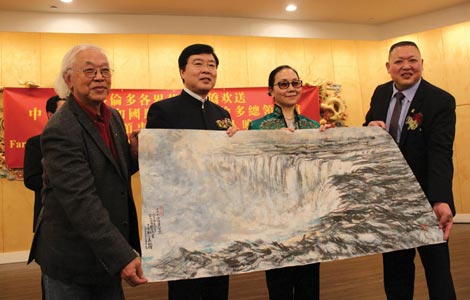
 Across Canada Dec 25
Across Canada Dec 25
 Former US president Bush still in hospital
Former US president Bush still in hospital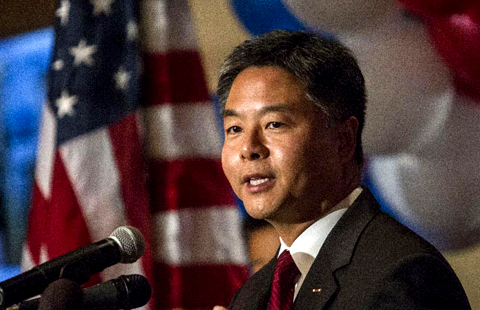
 Overseas Chinese make their mark in elections
Overseas Chinese make their mark in elections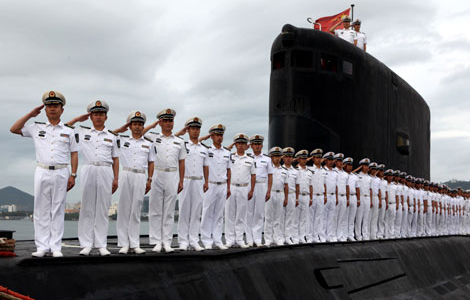
 China praises submarine crew's emergency handling
China praises submarine crew's emergency handling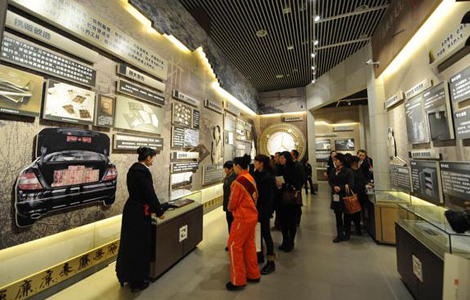
 Watchdogs to be deployed in top central govt bodies
Watchdogs to be deployed in top central govt bodies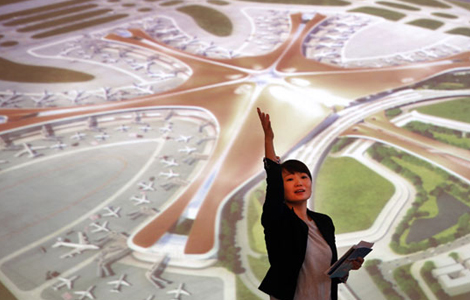
 New Beijing airport to be operational in 5 years
New Beijing airport to be operational in 5 years
Most Viewed
Editor's Picks

|

|

|

|

|
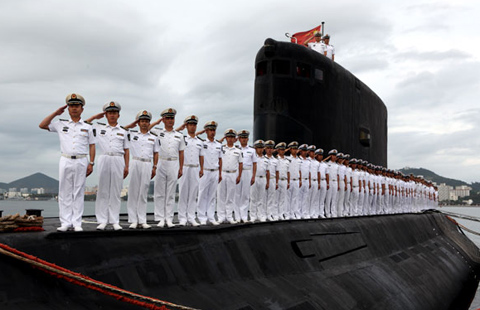
|
Today's Top News
Nevada builds on economic ties to China
Marbury plans to never leave China
China, US look at assessing food quality
Outbound investment curbs to be relaxed in China
Festive cheer as Guangdong exports soar
Avon among US companies violating FCPA
Ex-president Bush still in hospital
Florida lobsters find market in China
US Weekly

|

|







